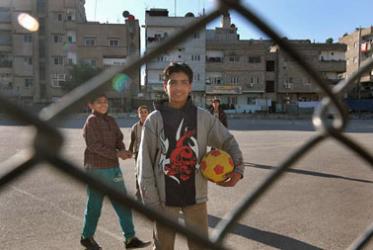Displaying 1 - 20 of 20
Symposium focuses on religion, violence, extremism
04 February 2016
WCC/UN conference calls for coordinated action on refugee crisis
20 January 2016
Regional Ecumenical Workshop on Advocacy for Peace
29 - 31 March 2016
Beirut, Lebanon - Attendance by invitation only.
WCC officials meet with United Nations deputy secretary-general
14 February 2013
WCC Central Committee focuses on peace and justice
25 February 2011
WCC Central Committee adopts statements on public issues
21 February 2011
Tveit encourages Christians to pray for the peace of Jerusalem
04 October 2010
Gaza panel calls for freedom from the “prison” of territorial isolation
30 September 2010
WCC invites prayers and advocacy for peace in Gaza
07 January 2009
Migrants, too, have human rights
01 December 2008






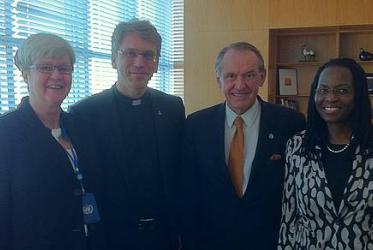

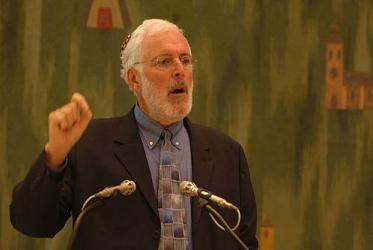

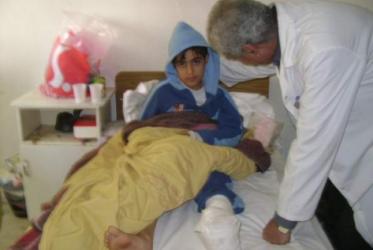
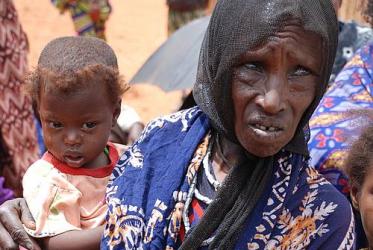
!["All Iraqis are trying to leave," Clara - a young woman working for the Greek Orthodox Patriarchate in Damascus and a refugee herself - told the WCC delegation. "Since one year the United Nations tell us that they will find a solution [for Iraqi refugees in the region], but nothing happens." "All Iraqis are trying to leave," Clara - a young woman working for the Greek Orthodox Patriarchate in Damascus and a refugee herself - told the WCC delegation. "Since one year the United Nations tell us that they will find a solution [for Iraqi refugees in the region], but nothing happens."](/sites/default/files/styles/teaser/public/newsItem/wjV59XHs.jpeg?itok=YIkp9xNl)
